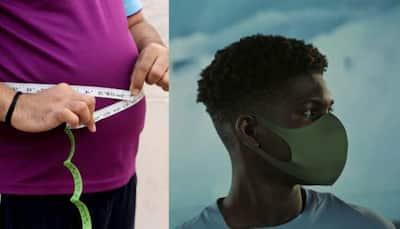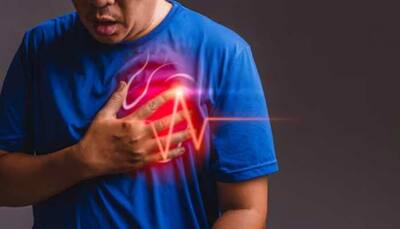In a world where social media platforms like TikTok have become a primary source of information, teenagers are increasingly turning to the app to self-diagnose mental health disorders. What started as a fun platform for music, dance, and viral challenges has quickly evolved into a hub of information on everything from skincare routines to mental health advice. But while TikTok may provide a sense of community and validation for many, it’s not always the most reliable source for medical information, especially when it comes to mental health.
TikTok: The new Google for Gen Z? With over 1.7 billion users worldwide, TikTok has become more than just a social media platform - it’s a search engine of sorts for younger generations. Many teens now report that they turn to TikTok for answers before they even think of Googling something.
This means that once a teen starts watching videos about mental health conditions, they’re likely to see more and more of the same content, reinforcing their belief that they might have a particular disorder , even if the information is incomplete or misleading. A dangerous trend: self-diagnosis In recent years, researchers have noticed a growing trend: more teens are using TikTok to self-diagnose mental health conditions like ADHD, anxiety, and autism. A review published in “Educational Psychology in Practice” sheds light on why this is happening.
The study found that teens are drawn to online communities where they can explore their identiti.


















